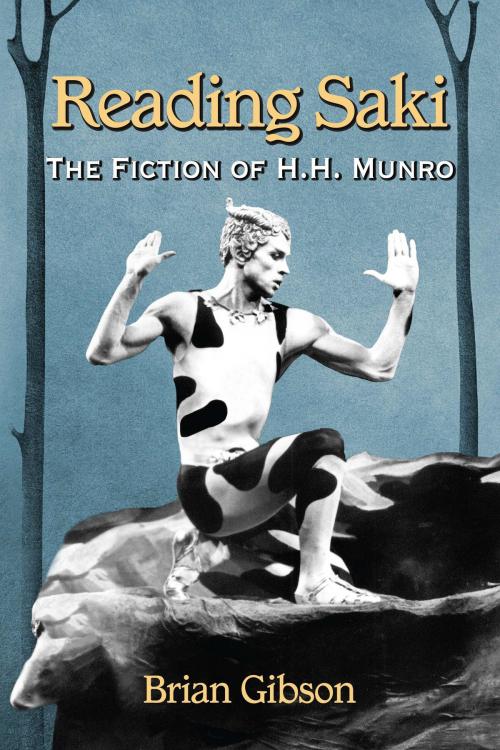| Author: | Brian Gibson | ISBN: | 9781476615325 |
| Publisher: | McFarland & Company, Inc., Publishers | Publication: | June 23, 2014 |
| Imprint: | Language: | English |
| Author: | Brian Gibson |
| ISBN: | 9781476615325 |
| Publisher: | McFarland & Company, Inc., Publishers |
| Publication: | June 23, 2014 |
| Imprint: | |
| Language: | English |
Here is a thorough critical re-examination of the Edwardian master of the darkly humorous short story, Saki (the pen name of Hector Hugh Munro, 1870–1916). Saki the satirist constantly rebelled against but depended upon the world of H.H. Munro, the gentleman bachelor. In reassessing the importance of post–Wilde sexuality, anti-suffragist feelings, and attitudes towards Jews and Slavs in Saki’s oeuvre, it becomes clear that the fiction of Saki reflects a fervid imperial masculinity in Britain as World War I approached. The tension between rebellious sexual politics and pro-patriarchy, nationalist views in Saki’s fiction reflects a time when the old, manly, bourgeois traditions of coming home from work to “the angel of the hearth” and defending King and Country abroad increasingly clashed with new sexual identities, women’s agitation for the vote, and the growing presence of non–British Others in the public imagination.
Here is a thorough critical re-examination of the Edwardian master of the darkly humorous short story, Saki (the pen name of Hector Hugh Munro, 1870–1916). Saki the satirist constantly rebelled against but depended upon the world of H.H. Munro, the gentleman bachelor. In reassessing the importance of post–Wilde sexuality, anti-suffragist feelings, and attitudes towards Jews and Slavs in Saki’s oeuvre, it becomes clear that the fiction of Saki reflects a fervid imperial masculinity in Britain as World War I approached. The tension between rebellious sexual politics and pro-patriarchy, nationalist views in Saki’s fiction reflects a time when the old, manly, bourgeois traditions of coming home from work to “the angel of the hearth” and defending King and Country abroad increasingly clashed with new sexual identities, women’s agitation for the vote, and the growing presence of non–British Others in the public imagination.















